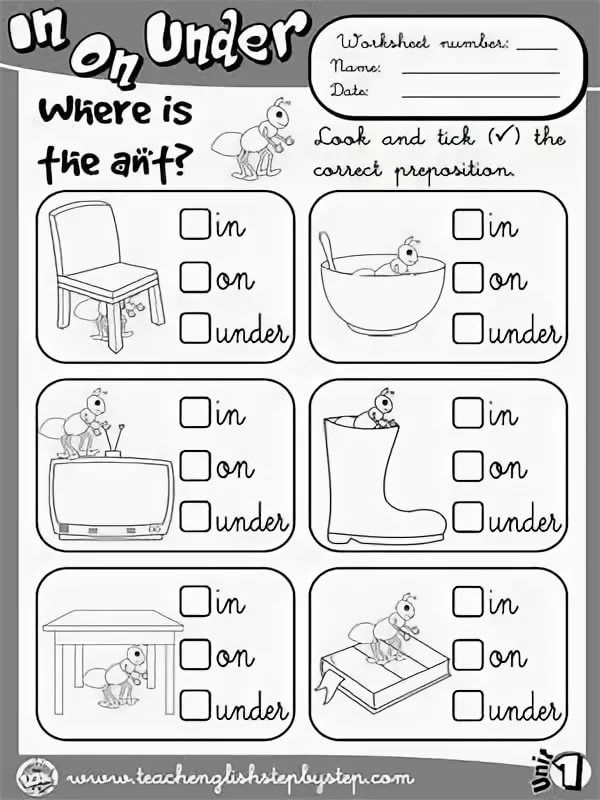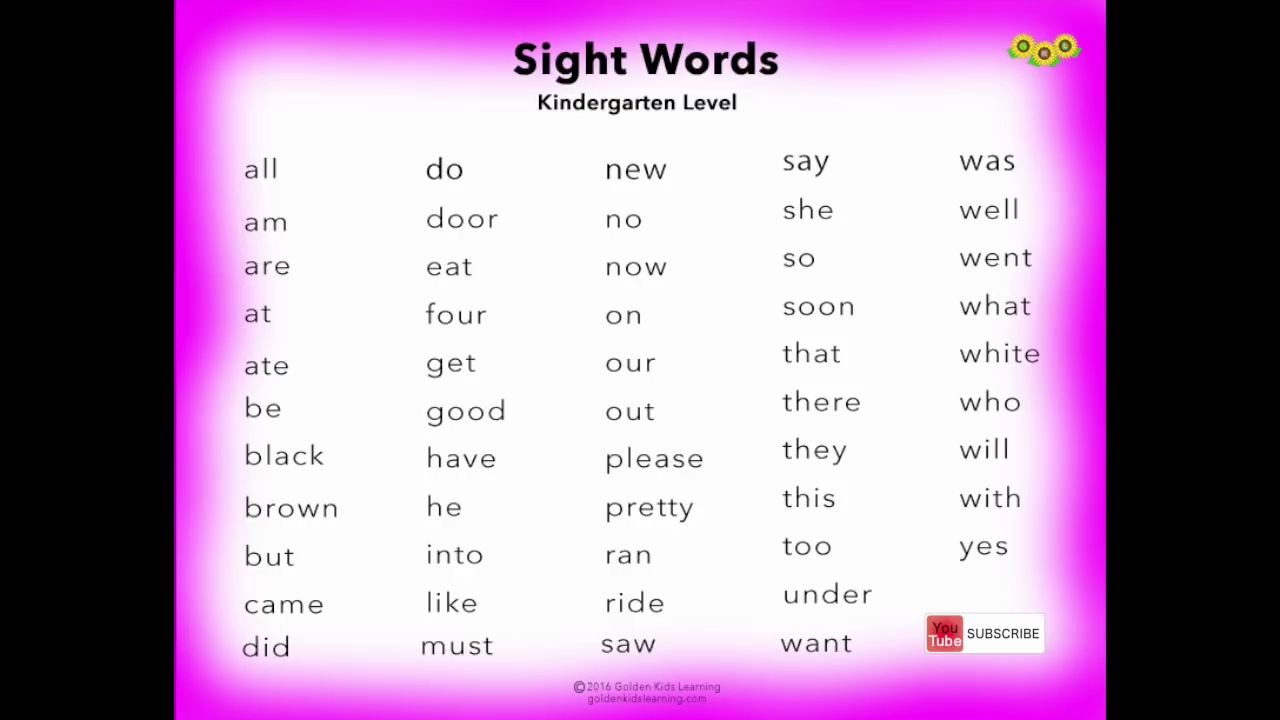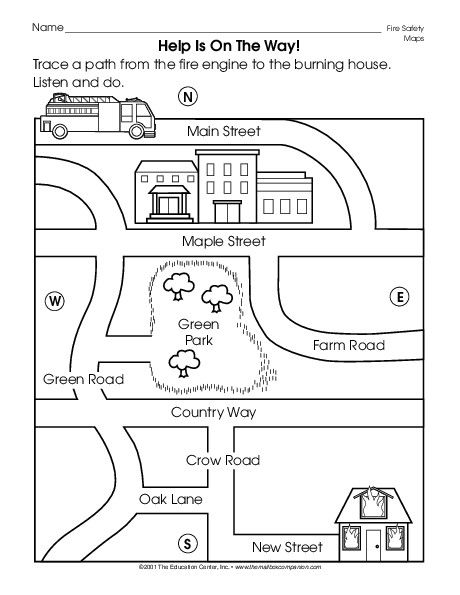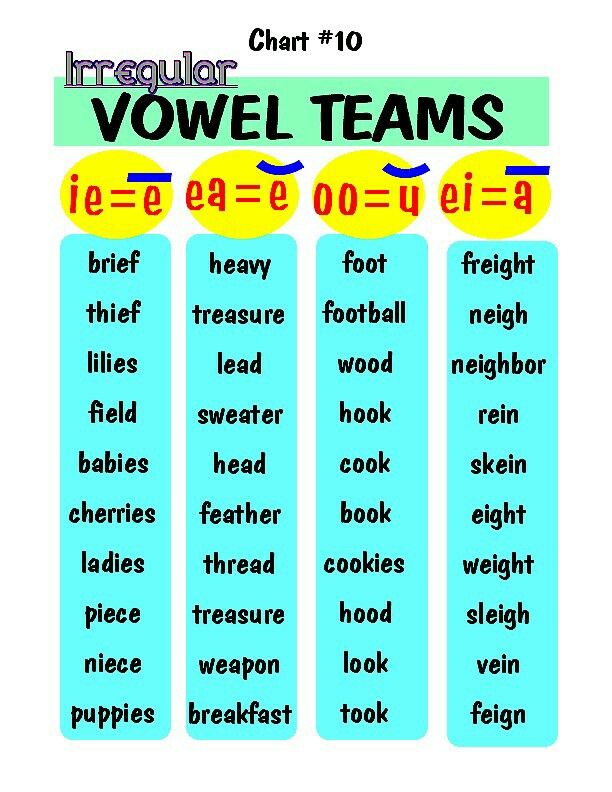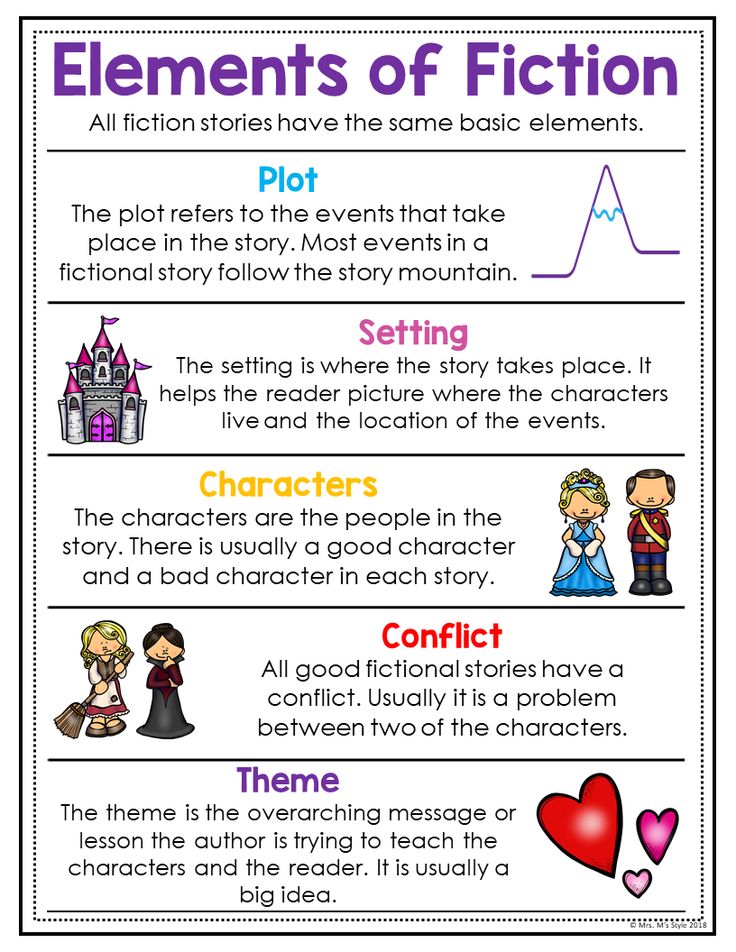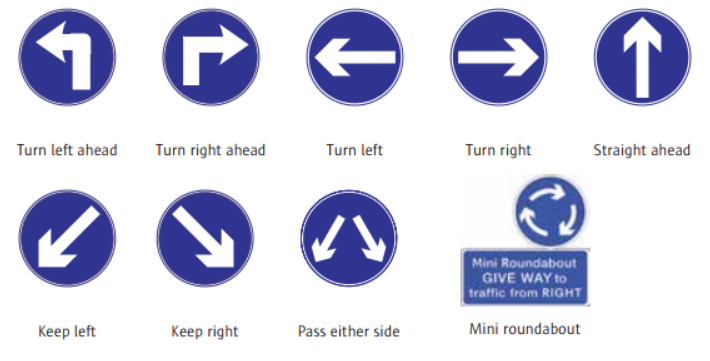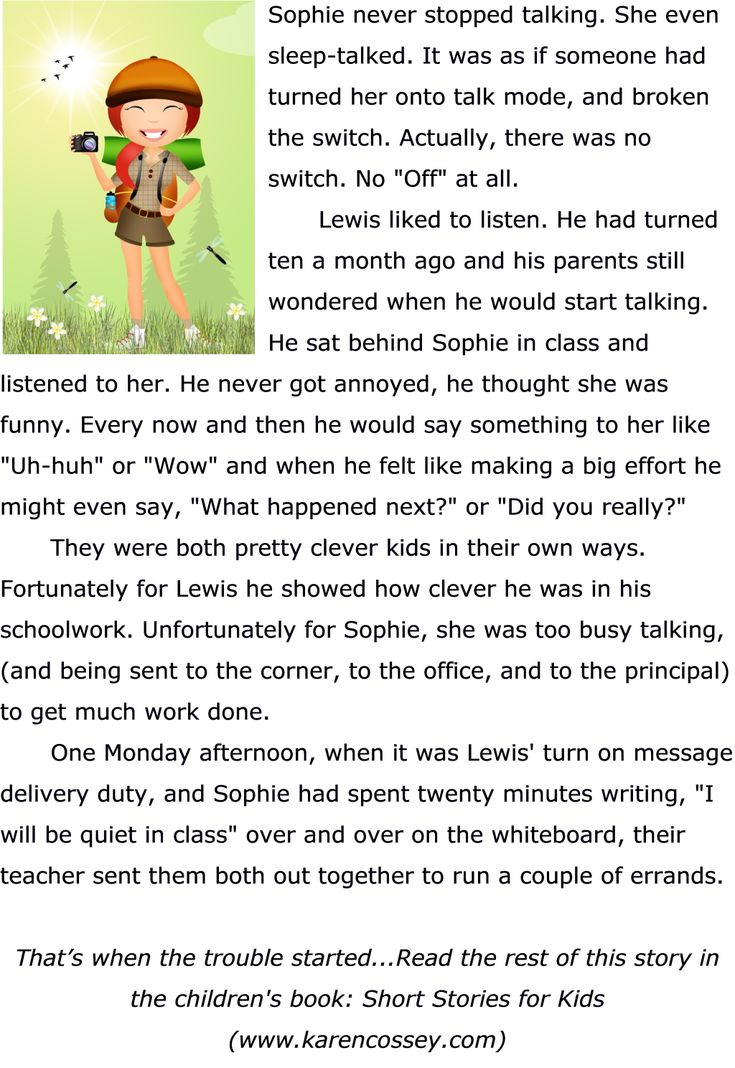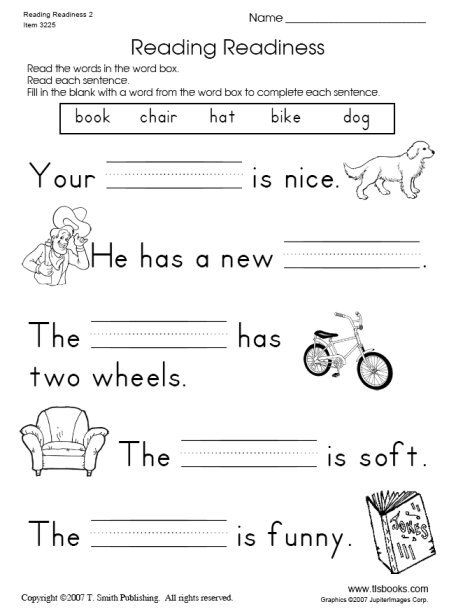Preparing for 1st grade
Preparing for 1st Grade
In addition to dealing with boundless energy levels and intense emotions, children preparing for 1st grade will face new responsibilities in school. Your child will learn to adjust to a longer school day, take more ownership of his homework, and learn to get around by himself.
Skills Acquired During 1st Grade
The emphasis remains firmly on developing your child’s reading and math skills, but lessons in art, social studies, science, and physical education may be incorporated as well. Although some skills will resemble those your 6 year old learned in kindergarten, keep in mind that 1st grade is mostly about mastering lessons previously taught.
Preparing for 1st Grade Reading
- Expand sight-word vocabulary
- Recall the sequence of events in oral and written stories
- Discuss story elements such as plot, character, events, and setting
- Understand basic punctuation (capitalize first letter of a sentence, use periods and question marks, etc.
)
- Identify the main idea and details in a story
- Print legibly
- Recognize single and plural forms of nouns
- Write in complete sentences
- Differentiate between fiction and nonfiction stories
- Memorize and correctly spell between 130 and 150 words
Preparing for 1st Grade Math
- Understand greater than, less than, lighter than, heavier than, the same as, etc.
- Recognize and write numbers up to 100
- Count by twos, fives, and 10s to 100
- Mentally add numbers to 10
- Add and subtract to 20
- Add and subtract with pennies, nickels, dimes, and quarters
- Tell time to the hour and half hour
- Recognize shapes
- Identify, describe, and reproduce patterns with numbers, shapes, colors, or words
- Use simple graphs to record information
- Recognize simple mathematical symbols (e.g., “+”, “=”, “>”,”<”)
- Read thermometers and use measuring tools like rulers
Preparing for 1st Grade Social Studies
- Locate the United States, the seven continents, and the four oceans on a large map or globe
- Construct and interpret simple maps with cardinal directions and map key
- Demonstrate awareness of current news
- Participate in group decision-making
- Understand traditions that reflect American ideals and influences from diverse cultures within the nation
- Create charts and timelines demonstrating an understanding of past and present
- Recognize shared values and goals as students in the same community, despite differences in backgrounds
Preparing for 1st Grade Science
- Use tools such as a magnifying glass, ruler, and balancing scale
- Learn the basic needs of living things by caring for animals in class
- Conduct simple, hands-on experiments
- Explore the senses — hearing, sight, smell, touch, and taste
- Explore the life cycle of living things, such as frogs or butterflies
Featured Book
learn more
GRADES
First Grade Preparation Checklist for Parents
Grade one — what a milestone you and your child have reached together! It’s an exciting time full of learning and opportunities for growth.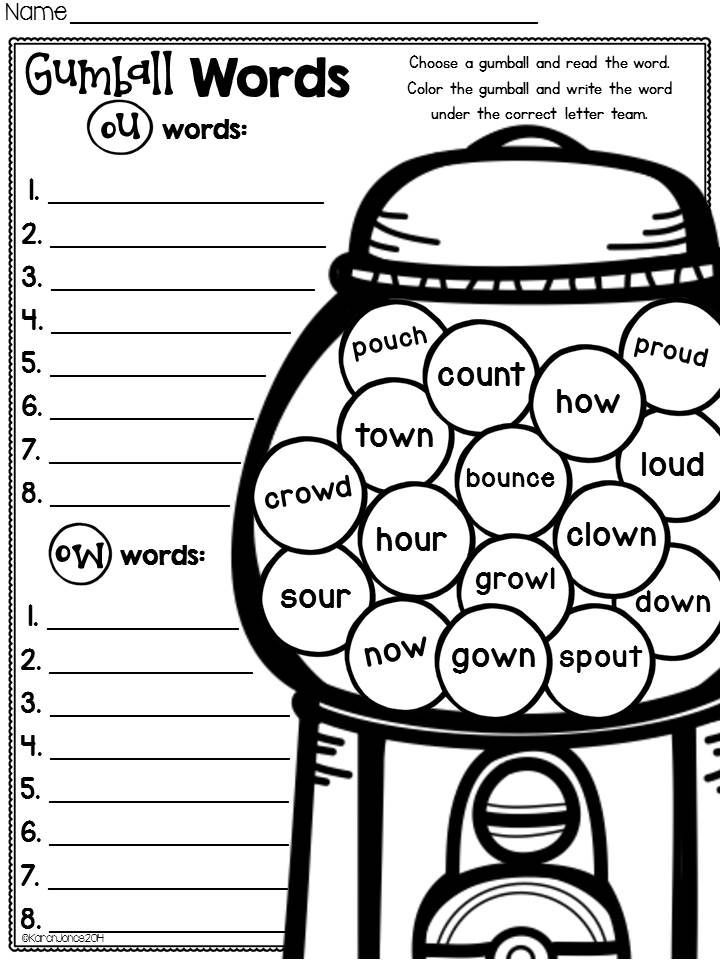 But with that comes the task of preparing for first grade.
But with that comes the task of preparing for first grade.
Kids are expected to have a certain set of skills at every stage of the educational journey. You might be wondering if your child has the academic and social-emotional skills necessary to thrive in grade one, as well as what they’re expected to learn by the end of the year.
In kindergarten, many children acquire both academic and social skills through methods like play-based learning. When they start elementary school for the first time, your child will have to get used to a different classroom structure and learning schedule.
Scroll down to see what your child should know entering first grade, what they should learn by the end of the year and how you can help prepare your child for a fun and successful year. 👇
What should a child know entering first grade?
It’s important to recognize that what a child entering first grade should know will vary based on their previous school experience, especially since preschool and kindergarten aren’t always mandatory depending on the state or province in which you live.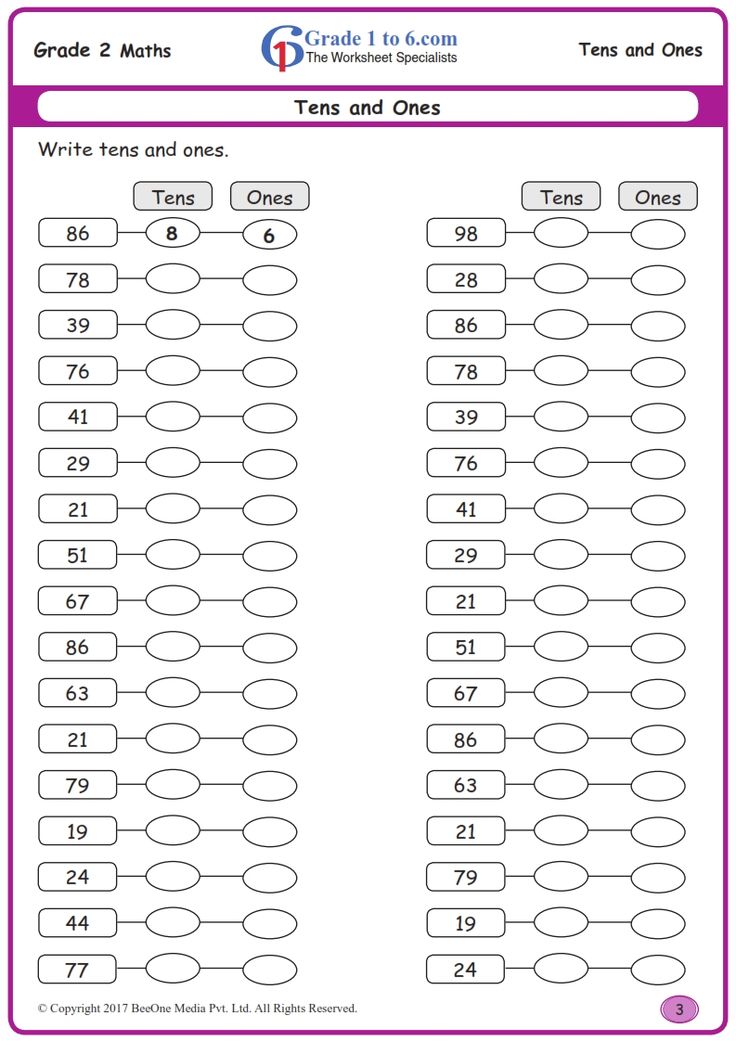
Developing basic social skills during the early years is essential for success in first grade. Your child will be expected to know how to follow the rules of conversation, such as taking turns and listening to others when they’re speaking.
They’ll also be expected to know some basic academic skills in areas like math and literacy. Some of these include:
- Adding and subtracting numbers up to 10
- Counting the number of objects in a group
- Grouping objects to break up numbers up to 10
- Identifying people, places and things in a picture
- Answering questions about a passage or story their teacher reads
- Writing and differentiating between upper and lowercase letters of the alphabet
What first grade students learn by the end of the year
When they step out of kindergarten and into first grade, your child brings existing skills and acquires new foundational knowledge that will help them progress and succeed in second grade.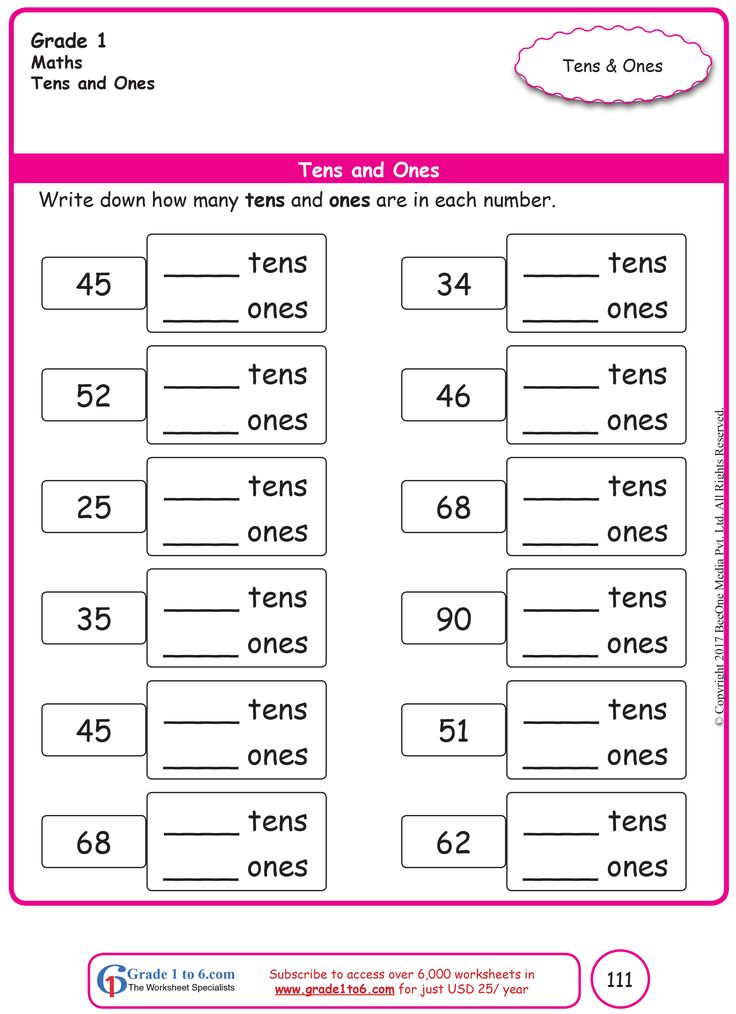
As a parent or guardian, you might think that your child is just practicing skills they already learned in kindergarten. But it’s important to remember that educators use first grade to help students further understand concepts and master skills. Try not to be too concerned about repetition right away.
We’ll get into more details below, but here’s a quick look at some of the benchmarks your child should have a grasp on at the end of first grade:
- Know right from left
- Read and write common sight words
- Work independently for short periods of time
- Try to write and spell new words phonetically
- Read aloud and understand first grade-level books
- Do addition and subtraction problems with numbers 0 to 20
- Write full sentences with correct capitalization and punctuation
- Tell time on analog and digital clocks to the nearest hour and half-hour
Readiness checklist for first graders
Math skills
In first grade, your child’s teacher will cover different types of strategies for adding and subtracting numbers up to 20 (or more, depending on students’ skill levels).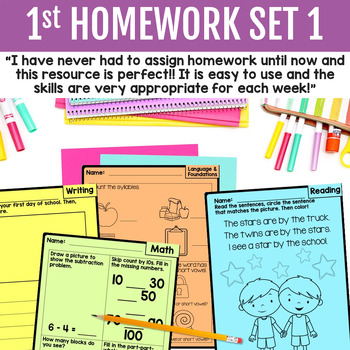 Your student will also learn things including how to tell time, sequencing, and measurements.
Your student will also learn things including how to tell time, sequencing, and measurements.
To help your child understand these concepts, their teacher will use teaching tools like number lines, clocks, dice, counters, ten frames, base ten blocks and unifix cubes.
Numbers, operations and problem-solving skills
- Writes numbers 0 to 20
- Names numbers 0 to 20
- Compares and classifies objects
- Uses counting skills to add to 10
- Uses lists or graphs to record and organize data
- Identifies, duplicates and extends various patterns
- Attempts to solve problems using manipulatives or their fingers
Geometry and measurement
- Knows how to identify, label and create various shapes
- Grasps and uses comparative words (e.g., heavy and light, long and short, big and little)
- Estimates and measures real quantities using non-standard units (blocks or paperclips)
- Familiarizes themself with common measuring instruments (e.
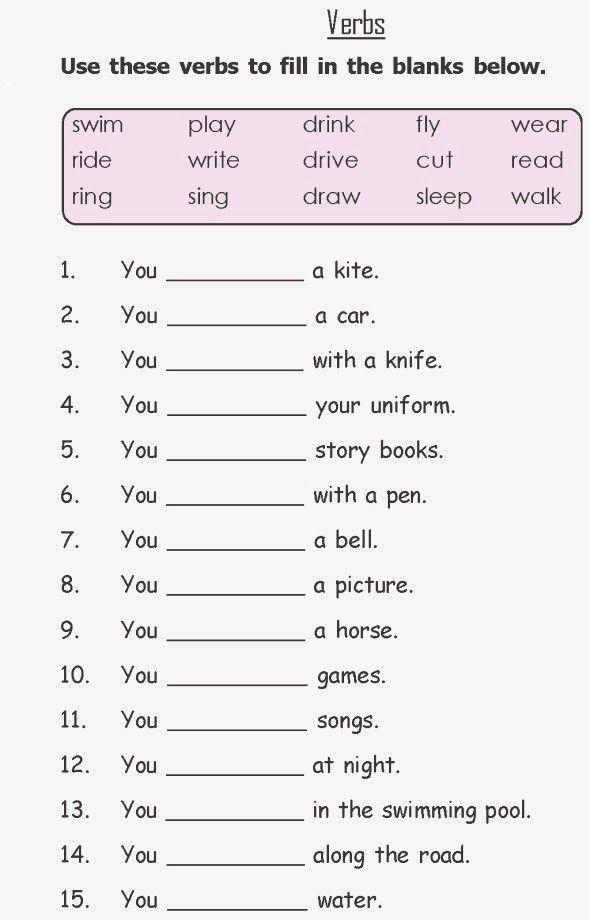 g., rulers and thermometers)
g., rulers and thermometers)
Telling time and counting money
- Understands the calendar and time
- Knows the days of the week, months and year
- Knows how much a penny, nickel, dime and quarter are worth
Reading skills
You can expect your child to experience a lot of reading growth in first grade. They’ll practice things like growing their sight word vocabulary — i.e., words that don’t follow the rules of spelling or the six types of syllables like who, come or does — and retelling simple stories.
You can also expect regular spelling tests that aim to solidify their understanding and ability to write or read certain words.
- Retells a simple story
- Identifies basic sight words
- Associates letters and sounds
- Distinguishes fact from fiction
- Recognizes rhymes and rhyming patterns
- Recognizes all the letters of the alphabet in order
- Group common words (e.
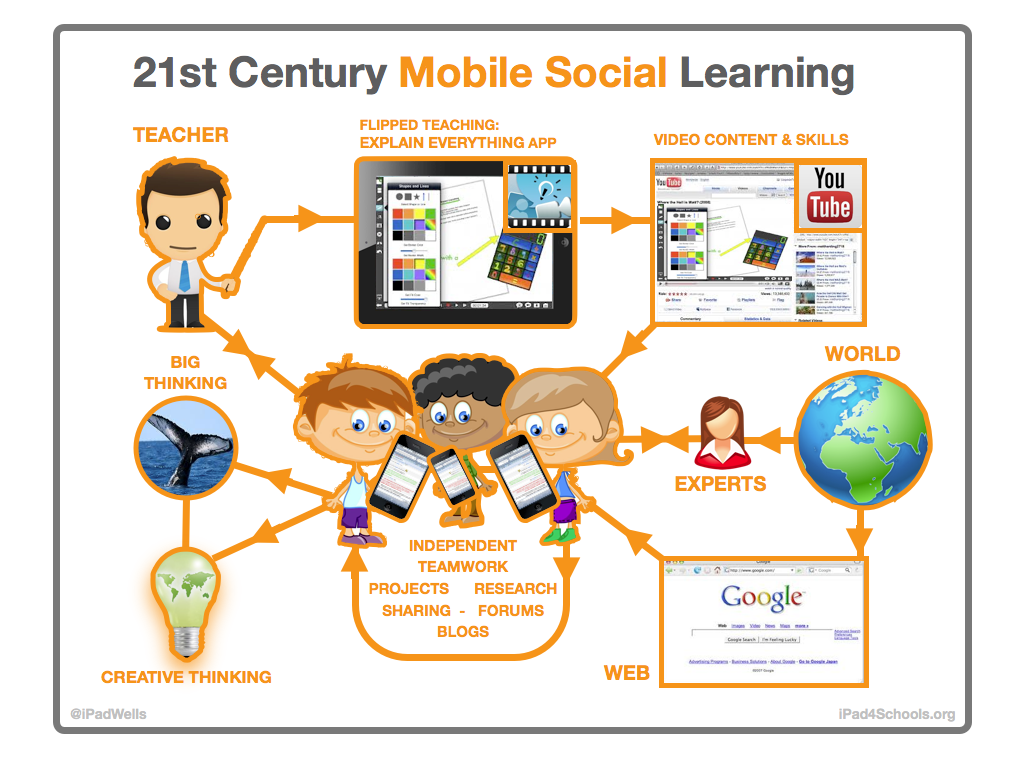 g., animals, shapes, colors)
g., animals, shapes, colors) - Recognizes words whether they’re spoken or written
- Knows and properly prints capital and lowercase letters
- Recognizes the who, what, when, where and why of a story
- Knows likenesses and differences of letter sounds in spoken words
- Uses pictures clues in text to identify words and construct meaning
- Spots a book’s title, author and illustrator name, and table of contents
- Starts understanding basic characteristics of stories, fables and legends
- Shares personal stories to express how they relate to characters or situations
- Predicts what will happen in a passage or story based on the title and pictures
- Builds understanding of punctuation marks (e.g., exclamations, questions and periods)
Writing skills
As your child’s reading skills improve, so will their first grade writing skills. While they enter first grade knowing how to read and write simple words, they’ll likely leave knowing how to write short sentences — with proper capitalization and punctuation, too!
- Handles writing utensils correctly
- Conveys messages by writing words
- Builds sentences with simple words
- Writes familiar words, including their name
- Depicts words or ideas using letters or shapes
- Progresses from left to right and top to bottom
Science skills
It might surprise you to know that first graders cover a few different types of science — physical, earth, life and environmental — building on scientific knowledge they learned in kindergarten.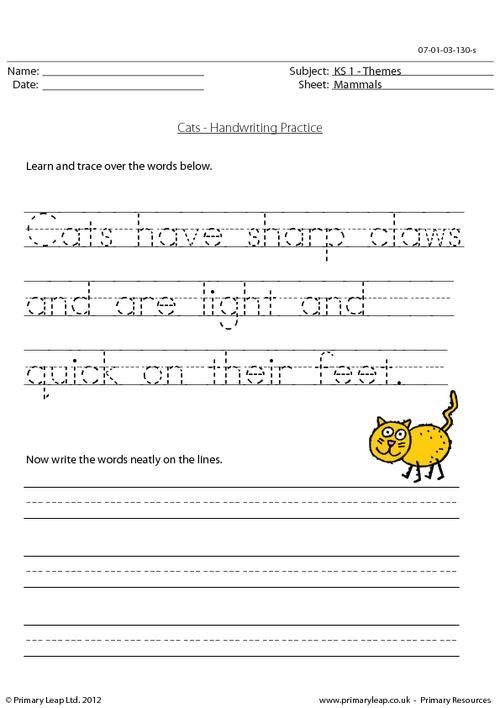
In addition to scientific facts, your child’s teacher will also teach their first graders about the importance of observing, recording and sharing information.
- Identifies basic weather patterns
- Understands that all living things have basic needs
- Knows the difference between living and non-living things
- Recognizes how living things change as they grow and mature
- Recognizes different states of matter (i.e., solid, liquid and gas)
- Draws conclusions based on observations and exploration (i.e., experiments)
- Compares and describes the structural characteristics of plants and animals
- Recognizes how people impact the Earth (e.g., pollution, conservation and recycling)
- Knows the differences between types of environments (e.g., dry, wet, cold and hot) and their inhabitants
How to prepare my child for a better first grade
As a parent or guardian with a child entering first grade, one of the most important things they’ll need is a cheerleader.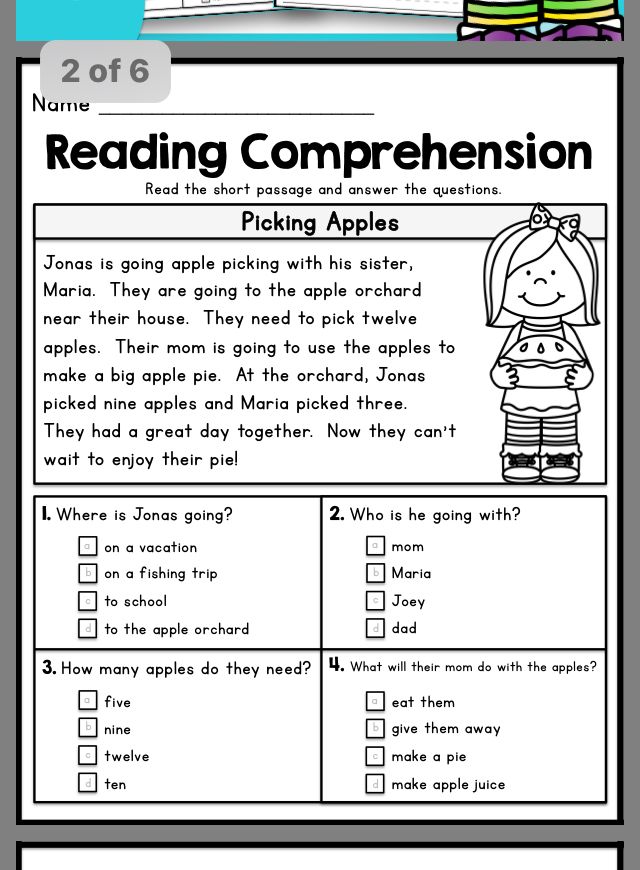
There are some big structural differences as they transition from kindergarten to first grade. But with the tips below, you can help your child be successful.
1. Familiarize yourself with the first grade curriculum
Academic standards can vary quite a bit from state to state. While we’ve outlined some of the most important skills a first grader should learn, you can find the exact first grade curriculum on your state’s department of education website.
2. Be actively involved in your child’s education
Over 30 years of research has shown that parental involvement in education is the best indicator for student achievement. Parental involvement looks different in every household and the type of involvement needed will vary child to child.
We know that parents’ or guardians’ schedules can conflict, making involvement challenging. Depending on the schedules, it could look like:
- Leaving notes of encouragement in their lunch or school bags
- Helping your child with homework questions, or pointing them in the right direction
- Making sure your child has access to resources and sufficient learning tools (e.
 g., rulers, mobile devices, pencils, book and bookbags)
g., rulers, mobile devices, pencils, book and bookbags)
3. Take advantage of parent teacher conferences
Parent-teacher conferences are a great way to connect with your child’s teacher and go over your child’s progress. If there are any questions about their social or academic progress, their teacher should be able to answer them for you.
If there are any areas your child needs help with, a parent-teacher conference is a perfect way to come up with a plan that works best for your child. The teacher will appreciate it, too, because the information you provide can help them teach your child more effectively.
4. Align edtech programs with their curriculum
If your child uses any digital game-based learning programs, make sure they are standards-aligned. That way, their screen time can still be educational!
One of the reasons teachers use Prodigy Math Game in their curricula is because it’s an engaging app that contains math curriculum standards for students in 1st to 8th grade to practice as they play.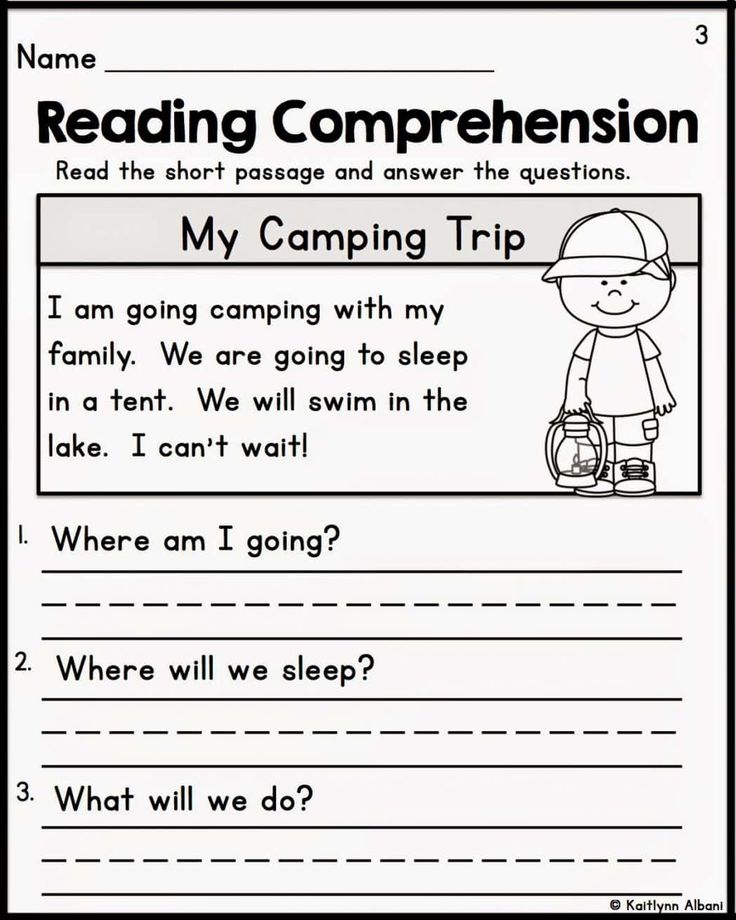
In Prodigy Math Game, your child creates a wizard and explores a fantastic world full of quests! Success in the game requires them to correctly answer standards-aligned math questions which adapt to their learning needs.
Plus, you can download the parent app and link your child’s account to see their math progress, send them motivating rewards and more!
Create your free account!Preparing for first grade is possible
Everything we’ve shared looks like a lot of information, but children are like sponges. You’ll likely be amazed at how much they learn in first grade.
While your child works on mastering all those new skills, focus on the four tips above to help your child prepare for first grade. You’ll be glad you did!
how to prepare a child for primary school
Preparing for school with an incorrect distribution of workload can seem difficult for both the child and the parents. It will be difficult for the kid to understand what is interesting in the lessons, and for mom and dad - that learning does not take up all the family time.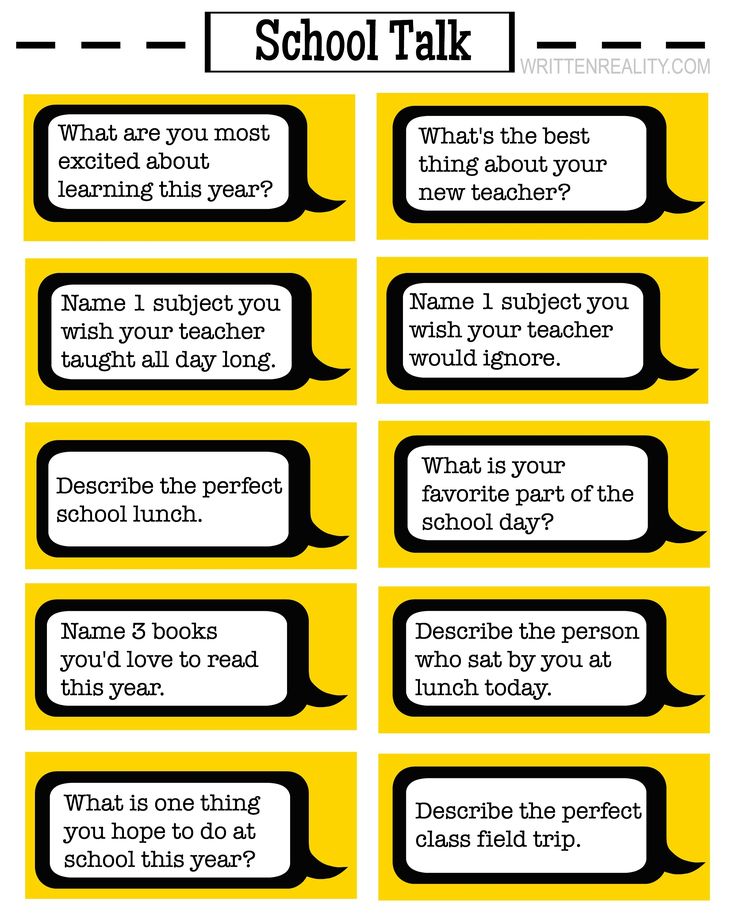
Advice 1. Don't be boring
This means that you shouldn't put your child at the table and force them to write prescriptions - the child will quickly get bored. The same with the endless cramming of poems. It often happens that a first-grader who knows how to tell fairy tales and fables by heart has a low level of general psychological, personal maturity and communication skills.
Better choose the game format. You can study while sitting on the floor, lying on the couch or walking down the street. After all, watching movies, reading books, talking with adults and peers - this is all the knowledge of the world and yourself.
When preparing your child for school, pay attention to fine motor skills, that is, classes to develop the dexterity of the hands and fingers. This will help the child when he learns to write, and also has a positive effect on speech skills. A preschooler needs to be given simple and understandable tasks - for example, draw, sculpt, work with a designer, lay out pictures or applications from beads, toothpicks and other trifles.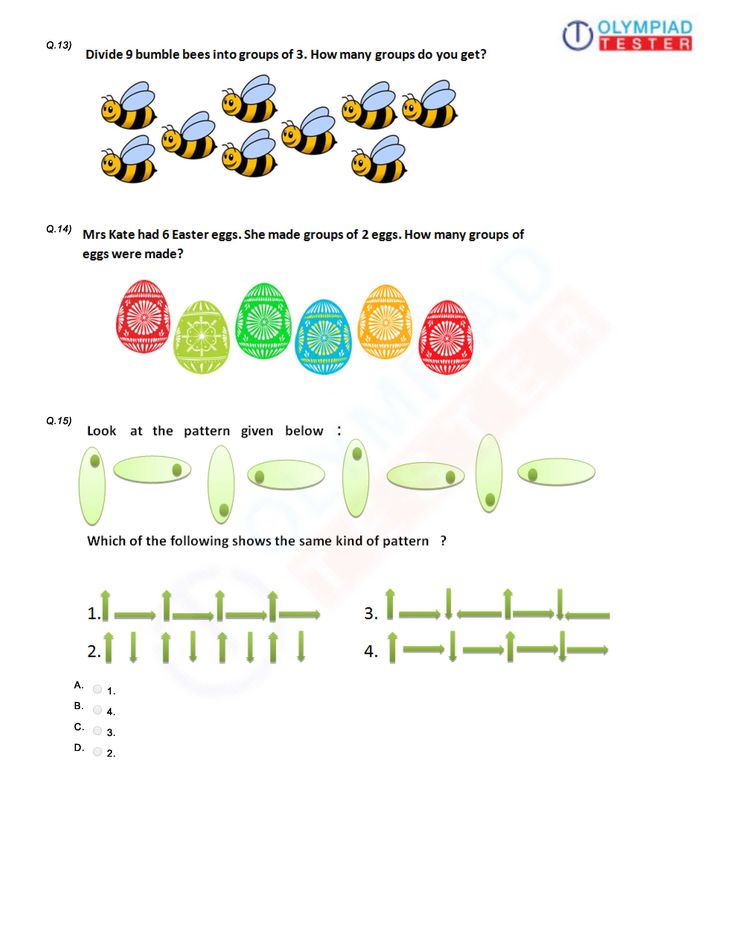 This is both fun and useful for future first graders!
This is both fun and useful for future first graders!
Tip 2. Don't rush your preparations
Don't run ahead of the engine. Perhaps you want to make life easier for your child at school and, out of good intentions, rush to immediately teach the multiplication table or fractions. But the most natural and effective way to prepare for first grade is to learn what your baby is interested in.
If he asked about dinosaurs, buy a children's encyclopedia with illustrations. Interested in space - watch a children's documentary. It is important to do everything in moderation and not be afraid that you are wasting time.
To be successful at Foxford Online Elementary School, a child must have basic reading, writing, and arithmetic skills. There are no entrance tests and special preparation in the first grade of our school, but the family is offered a small test to check the readiness of the child.
Advice 3. Don't criticize
It is important to instill a healthy and correct attitude towards learning - this is the basis of preparing a child for the first grade.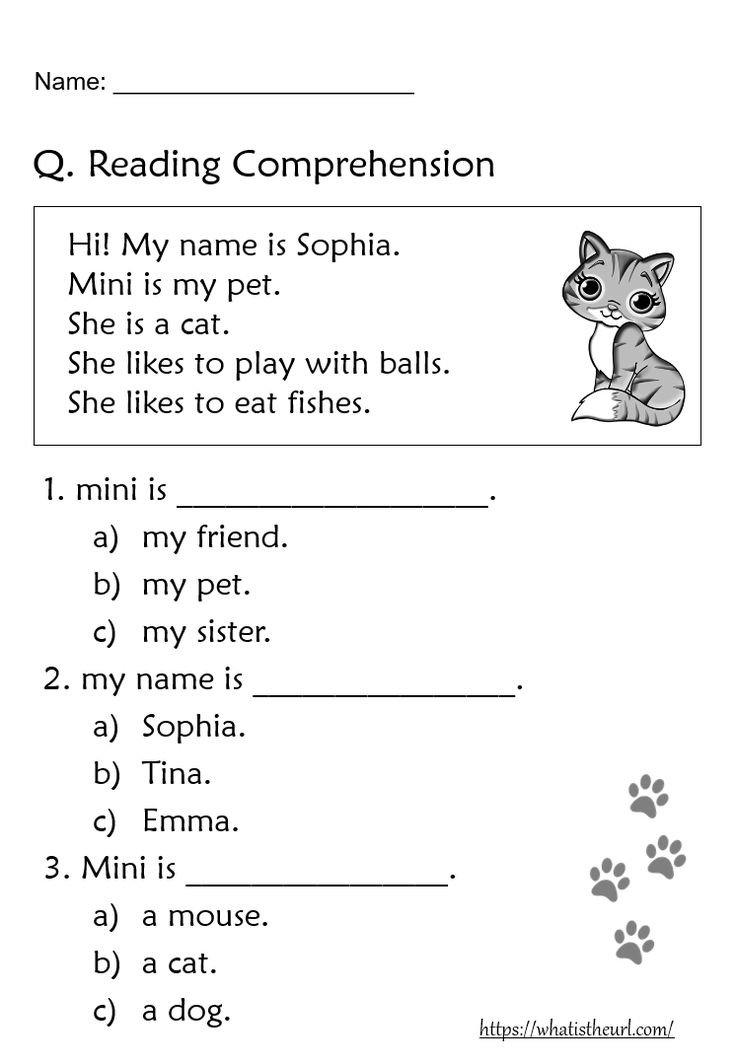 If the mother quickly becomes angry and scolds for every mistake, the baby will develop a fear of school.
If the mother quickly becomes angry and scolds for every mistake, the baby will develop a fear of school.
Praise the baby more often and demonstrate that there is nothing wrong with mistakes - everything can be corrected and not get upset in vain. It is also an important part of the learning process and the development of new skills. Parents who grew up in Soviet culture are accustomed to criticism - they may not notice how they say something offensive to the child, undermine his self-confidence and give rise to complexes.
<
Tip 4. Lead by example
Personal example works great with reading, for example. Many parents in the process of preparing for the first grade are worried that the baby has not yet learned or is doing it poorly. In fact, reading is not included in the list of required skills for a preschooler. But psychologists recommend that you set an example for your child and read more yourself if you see that the child is not too interested in books.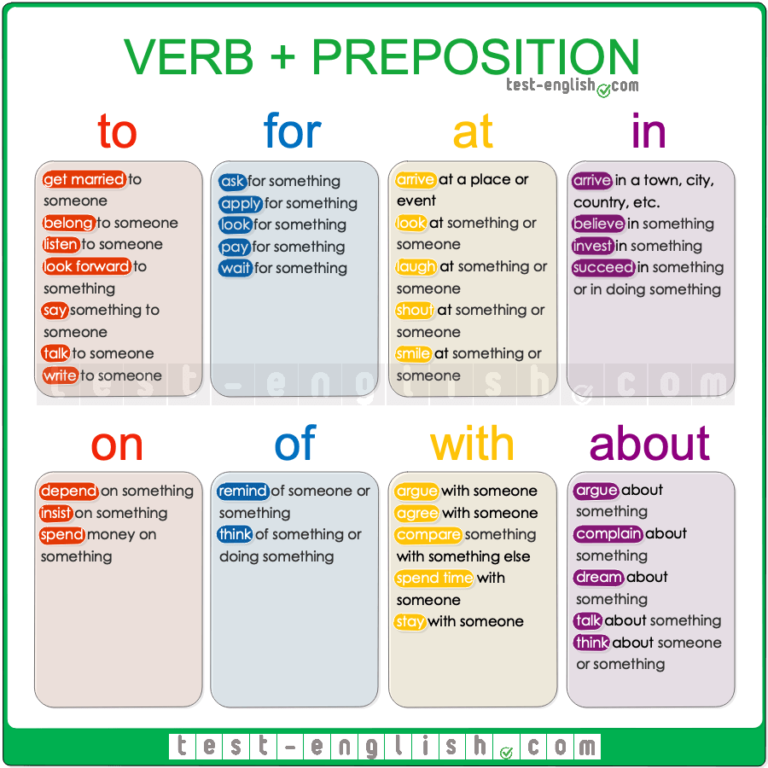
As soon as the baby notices that parents take up a book in their free time, he will involuntarily copy the behavior. Therefore, it is important to show the child that learning is cool and interesting. Let him adopt a positive attitude.
<
Tip 5. Speak out feelings
Prep, first grade, school—it's all new, different, and can be scary. And not only the baby, but also the parents. That is why it is important to talk a lot, honestly and openly with your son or daughter. Teach them to express emotions and adapt to changes in life. It is much easier to live through an unusual period if you can speak out to mom and dad, and they will not condemn.
Resume
Preparing your child for first grade should be easy, fun and unobtrusive. It is not necessary to immerse the child in intensive classes when the school has not yet begun. Knowledge of the world around us occurs naturally - communication, films and cartoons, books, trips.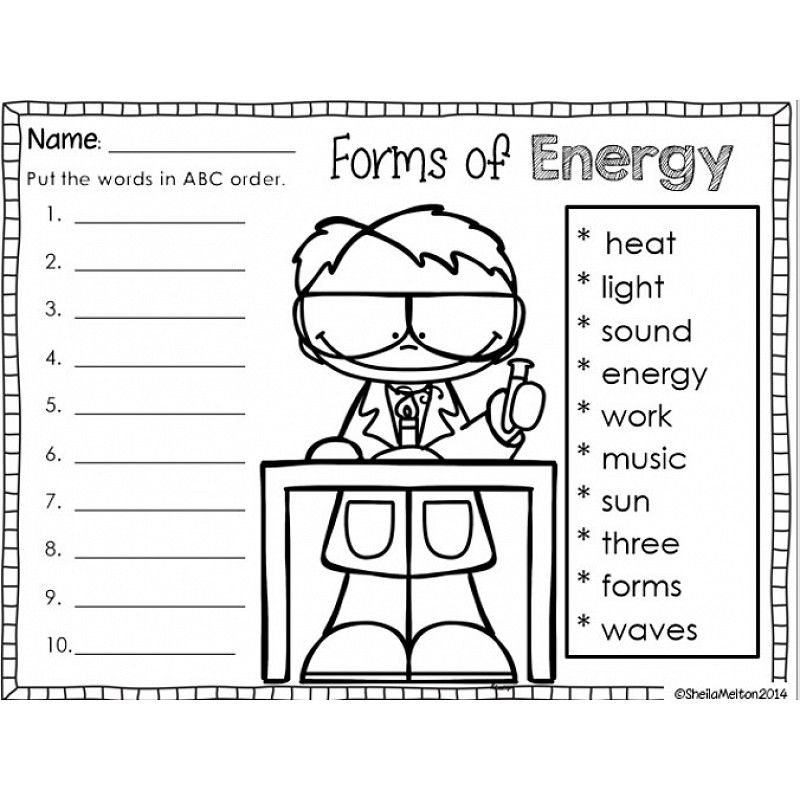 Do not scold the child for mistakes, take the rush, set an example and be there - and you will see that preparing a child for elementary school is not so difficult.
Do not scold the child for mistakes, take the rush, set an example and be there - and you will see that preparing a child for elementary school is not so difficult.
How to prepare a child for school. Preparation for Grade 1 at home: self-paced or online
Development, education, training
Learn how to properly prepare your child for school and solve some logical tasks for preschoolers from LogicLike.
LogicLike.com children learn to reason, develop logic, ability to mathematics and cognitive interest.
Preparing for 1st grade is always exciting for both children and adults. Most Responsible parents are in a hurry to teach the future first grader to read and count, deduce letters and solve examples. For what do you really need to prepare a future first grader?
In the Prepare for School section, we share tips on how to prepare your child for school.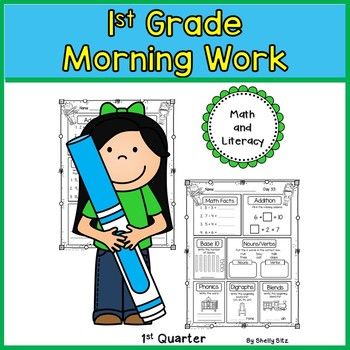 independently as well as online.
independently as well as online.
Choose an age to start
3-4 years
4-5 years old
5-6 years
6-7 years
Parents to help - useful materials, questions, assignments
- What you need to know and be able to child before school?
- Tasks, games and exercises for preparation for 1st grade at home.
- Logic and mathematics for preschoolers and younger students.
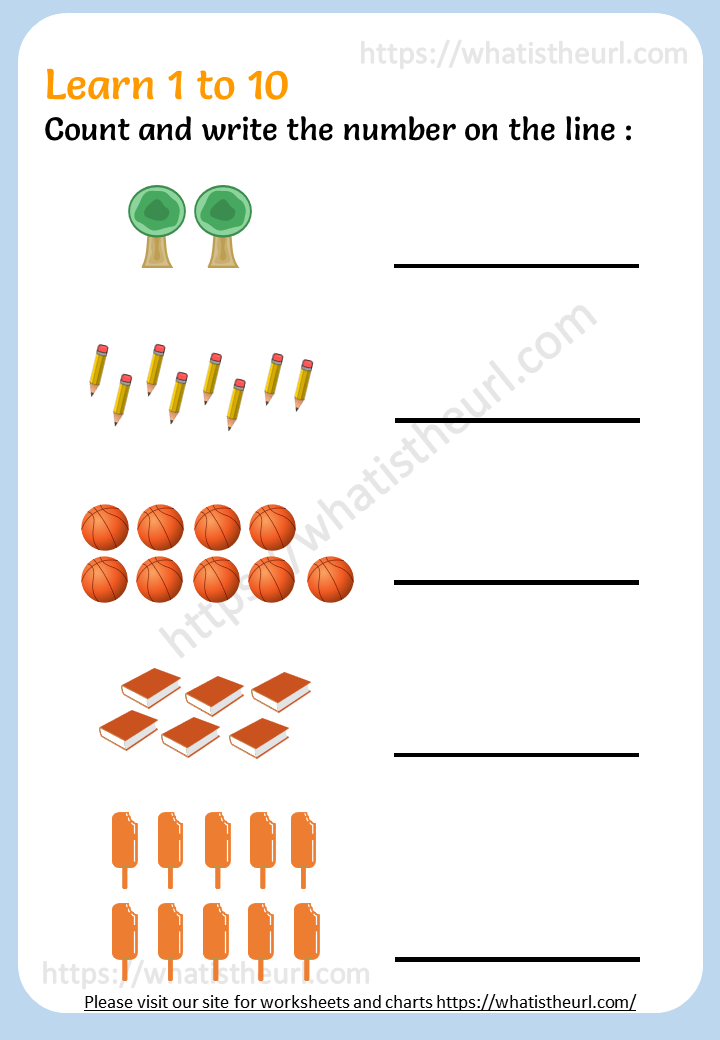
1. Physical development
From childhood, instill in your child an interest in sports and physical education. The best is here personal example works. Find time for active activities with children at home and on the street.
Invite your child to try different sports sections: swimming, gymnastics, martial arts, dancing. Let him choose what he really likes.
If the son or daughter themselves remind you of the next workout and try not to miss a single one session a week is a success.
2. Psychological development
Even an outwardly calm and self-confident child can find it difficult to adapt to an unusual situation. school environment.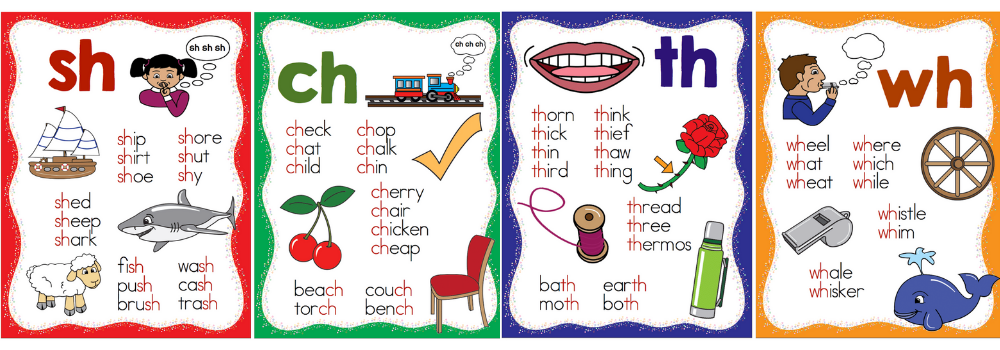 What is important to teach children to help them with the transition to a new life stage?
What is important to teach children to help them with the transition to a new life stage?
1. Teach your child to manage emotions and think positively.
The ability to control emotions such as anger, anger or resentment will save the child from rash deeds or words. Explain to your child that there are many problems. But if you think positively, then it will be easier to look at the situation from the other side and find the right way out.
Approach the issue consciously: simulate different life situations and help the child together figure out what to do in any given case.
2. Train your attention and ability to concentrate.
Teach your child to always finish what they start.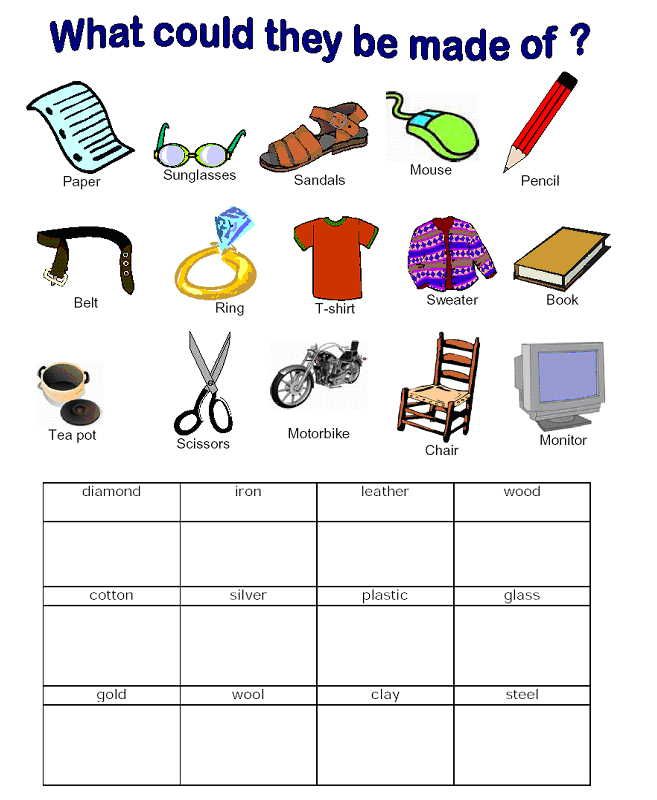 Give him tasks that can be realistically completed in for half an hour. Choose not only favorite things, but also those where the child can resist. If you managed to focus on the task at hand for at least 20 minutes and bring it to result, you did it.
Give him tasks that can be realistically completed in for half an hour. Choose not only favorite things, but also those where the child can resist. If you managed to focus on the task at hand for at least 20 minutes and bring it to result, you did it.
You may find it helpful to learn how to tell time by the clock. This skill simultaneously improves children's understanding of time, and helps to feel and evaluate their ability to concentrate.
3. Cultivate responsibility and develop willpower.
Learn to dream, set goals and achieve them, despite the difficulties. First help external incentives, but explain that the strongest motivation is his own.
Give your child adult tasks. Let him have his own list of fixed chores around the house: water the flowers or wipe the dust, walk or feed your pet.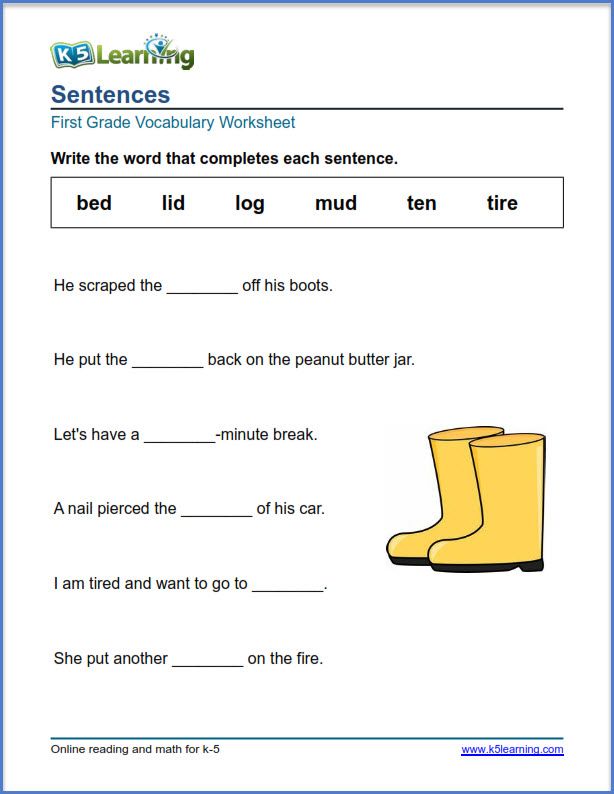
3. Intellectual development
Reading, writing, counting and solving simple mathematical problems will be taught to the child at school. More the most valuable thing that parents can do for their children is to teach them to think correctly, reason, analyze information and see the main thing.
What exactly needs to be done?
videos, at home and on the go. Organize your child a variety of leisure activities so that they understand how many new and interesting things in the world that he has to learn about.
2. Develop speech and communication skills. Teach your child to find a common language with peers and adults. It is important to teach the ability to listen, argue one's point of view and receive pleasure from the process of communication.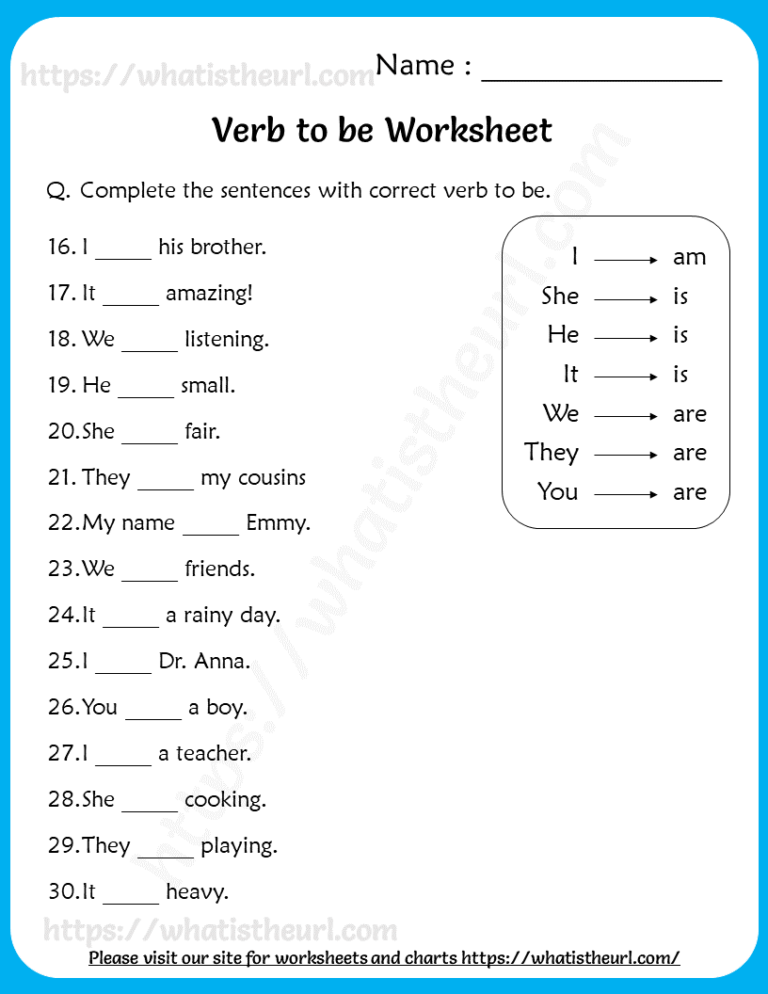
3. Develop logical thinking. The child will learn to solve typical problems in the classroom mathematics. But in order for him to successfully cope with tasks with an asterisk and everyday tasks, to do without the ability to reason and think outside the box. These abilities can and should train.
How?
For this purpose, you need to regularly perform non-standard tasks and solve logic problems. Additional benefit: the child develops perseverance and the habit of bringing the work started to end. Read more about how and why to develop logic.
Where to look for tasks?
10 years ago, only collections and children's magazines came to mind. Much more now high-quality interesting materials can be found on the Internet.